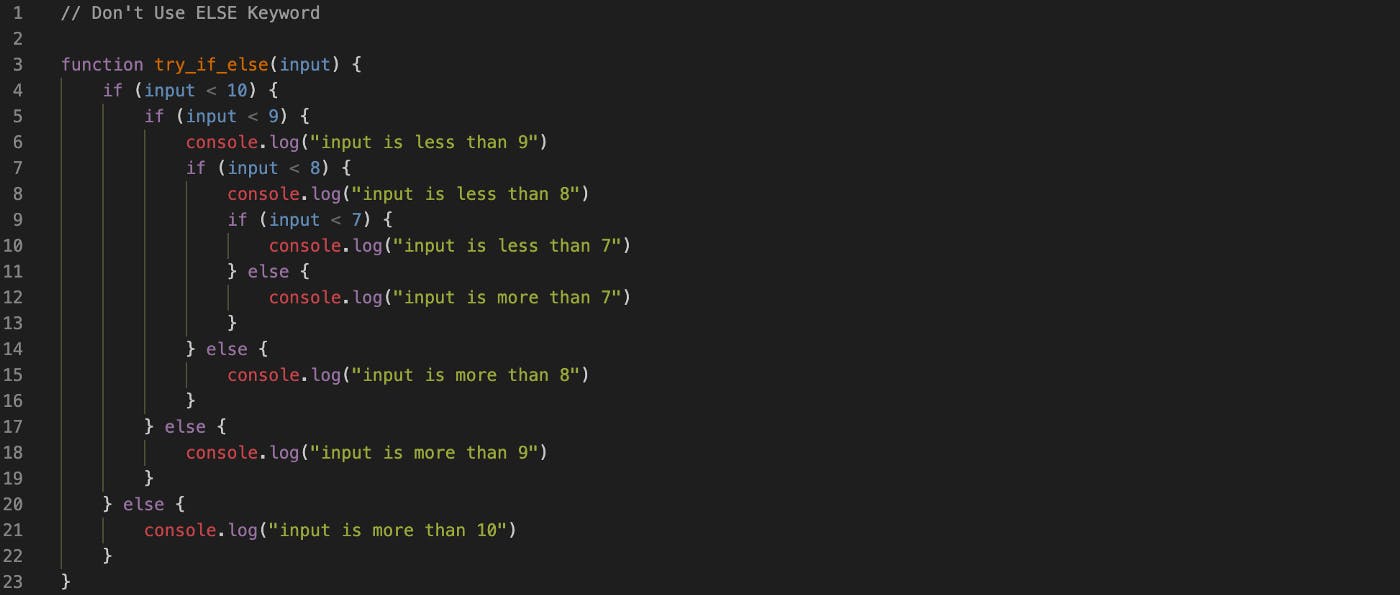5,680 reads
Stop Using The ‘else’ Keyword in Your Code
by
May 12th, 2020
Audio Presented by
I write about things that I like and things that I don’t, mainly in the business, art and tech spher
About Author
I write about things that I like and things that I don’t, mainly in the business, art and tech spher
